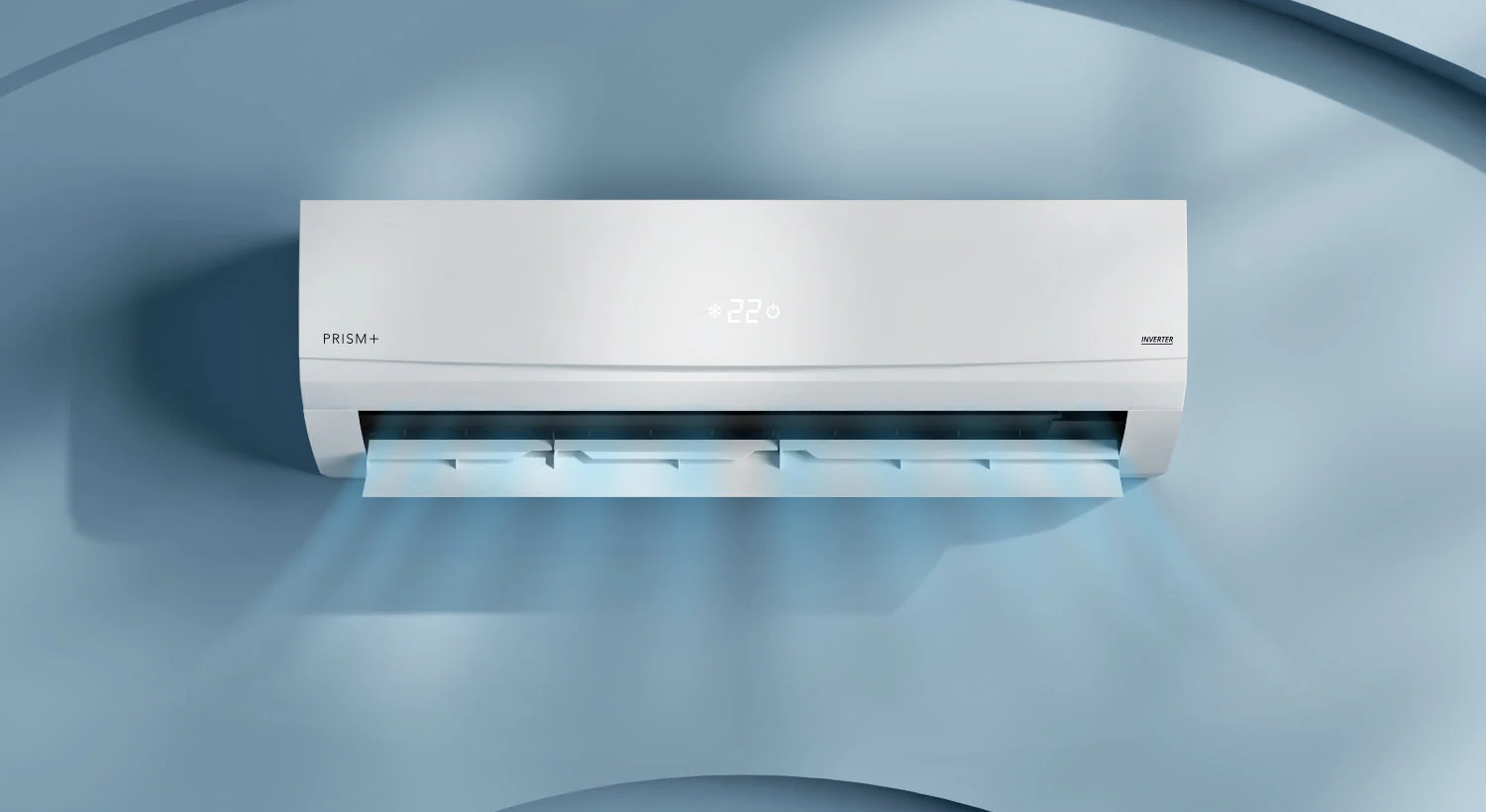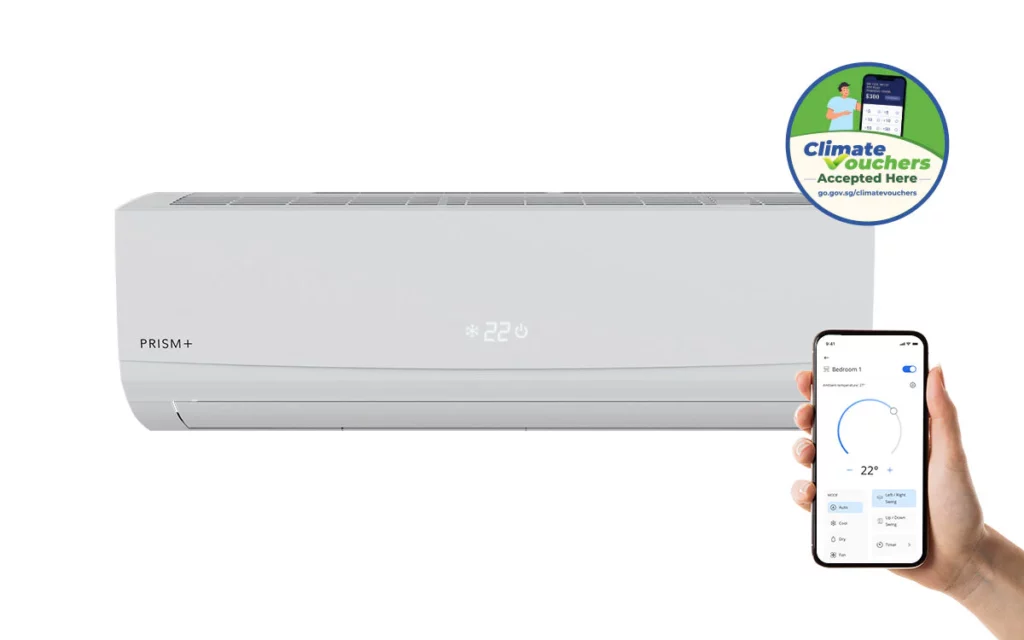Welcome to living in Singapore, where the heat and humidity never seem to take a break, it’s common to depend heavily on aircon, fans, and appliances. But when your monthly electricity bill arrives, and it’s way higher than expected, the frustration is real.
Whether you stay in an HDB flat, a condominium, or a landed property, your lifestyle habits and home setup can significantly affect your energy consumption. Today, we’ll explore the 10 most common reasons your electric bill might be sky-high (and what you can do to bring it down).
- 1. Overusing the Aircon
- 2. Old or Inefficient Appliances
- 3. Switch to LED Lighting
- 4. Phantom Energy Consumption
- 5. Inefficient Water Heater Usage
- 6. Poor Home Insulation
- 7. Excessive Use of Clothes Dryers
- 8. Leaving Appliances Running Unnecessarily
- 9. Outdated or Poorly Maintained Aircon
- 10. Not Monitoring Your Energy Usage
1. Overusing the Aircon
In this humidity, aircon is a lifesaver and the most significant contributor to electricity bills. Many households leave the aircon running for hours, even overnight, quickly racking up the kilowatt-hours.
What to do:
- Set your aircon temperature to around 24°C to 25°C for optimal cooling without overworking the system.
- Use a fan alongside your aircon to circulate cool air.
- Consider switching to an inverter aircon, which is more energy-efficient in the long run.
- Regular aircon servicing keeps the system running efficiently, reducing energy waste.
2. Old or Inefficient Appliances
Older appliances like refrigerators, washing machines, or dryers consume more electricity than newer, energy-efficient models. Even small appliances like kettles and rice cookers can add up over time if outdated.
What to do:
- Look for appliances with 4-tick or 5-tick energy labels under Singapore’s Mandatory Energy Labelling Scheme (MELS).
- Replace old appliances with energy-efficient models if your budget allows.
- Avoid leaving appliances in standby mode, it still consumes power.
3. Switch to LED Lighting
Still using traditional incandescent or CFL bulbs? These older types of lighting use significantly more electricity than modern LED bulbs.
What to do:
- Replace all your home’s lighting with LED bulbs, which can use up to 80% less energy and last longer.
- Opt for energy-efficient smart lighting that can be controlled remotely to avoid leaving lights on unnecessarily.
4. Phantom Energy Consumption
Many Singaporeans don’t realise that devices left plugged in still draw power, even when unused. This is phantom energy, which can quietly inflate your electricity bill.
What to Do:
- Switch off appliances like TVs, chargers, gaming consoles, and microwaves at the power socket when unused.
- Use power strips to make turning off multiple devices at once easier.

5. Inefficient Water Heater Usage
Electric water heaters, especially storage-type models common in condos and landed properties, consume a surprising amount of electricity if left running continuously.
What to do:
- Switch off the water heater after use.
- Consider installing instant water heaters, which heat water only when needed.
- Regularly descale your water heater to improve efficiency.
6. Poor Home Insulation
While insulation isn’t as common a concern in Singapore as in colder countries, poor window seals or gaps under doors can cause cool air from your aircon to escape, forcing your system to work harder.
What to do:
- Install window films or blinds to reduce heat from direct sunlight.
- Seal gaps around doors and windows with weatherstripping.
- Use door stoppers or draft blockers to keep cool air in.
7. Excessive Use of Clothes Dryers
Using a clothes dryer may be convenient, especially during the rainy season, but it also consumes much electricity.
What to do:
- Air-dry clothes using indoor drying racks or in your HDB service yard whenever possible.
- Use the dryer only for essentials or when necessary.
- Clean the lint filter regularly to ensure your dryer operates efficiently.
8. Leaving Appliances Running Unnecessarily
Simple habits, like leaving the fan, lights, or TV running when no one is home, quickly add to your electricity bill.
What to do:
- Make it a habit to switch off lights, fans, and appliances when leaving the room.
- Consider motion sensor lights for areas like the hallway or bathroom to avoid wasting energy.
- Use smart plugs or timers for appliances you tend to forget about.

9. Outdated or Poorly Maintained Aircon
Even with mindful usage, an old or poorly maintained aircon unit works harder to cool your home, consuming more electricity.
What to do:
- Schedule professional aircon servicing at least every six months.
- Consider a chemical wash or overhaul for older units to restore performance.
- Upgrade to a newer, energy-efficient aircon system if your current one is over 8 to 10 years old.
10. Not Monitoring Your Energy Usage
Many households pay their utility bills without understanding their consumption patterns, missing opportunities to cut down on waste.
What to do:
- Sign up for SP Group’s mobile app, which provides a detailed breakdown of your electricity usage.
- Track your usage month to month and adjust your habits accordingly.
- Consider switching to Open Electricity Market (OEM) retailers that offer better rates to suit your household needs.
Final Thoughts
Electricity bills in Singapore are often higher than expected. However, the good news is that you can significantly reduce your energy consumption with a few simple lifestyle changes and mindful appliance use.
From upgrading to energy-efficient appliances, maintaining your aircon properly, switching off devices at the socket, to adopting smart home habits — these small steps can make a big difference over time.
A lower electricity bill saves you money and reduces your household’s carbon footprint, making your home more eco-friendly.










You must be logged in to post a comment.